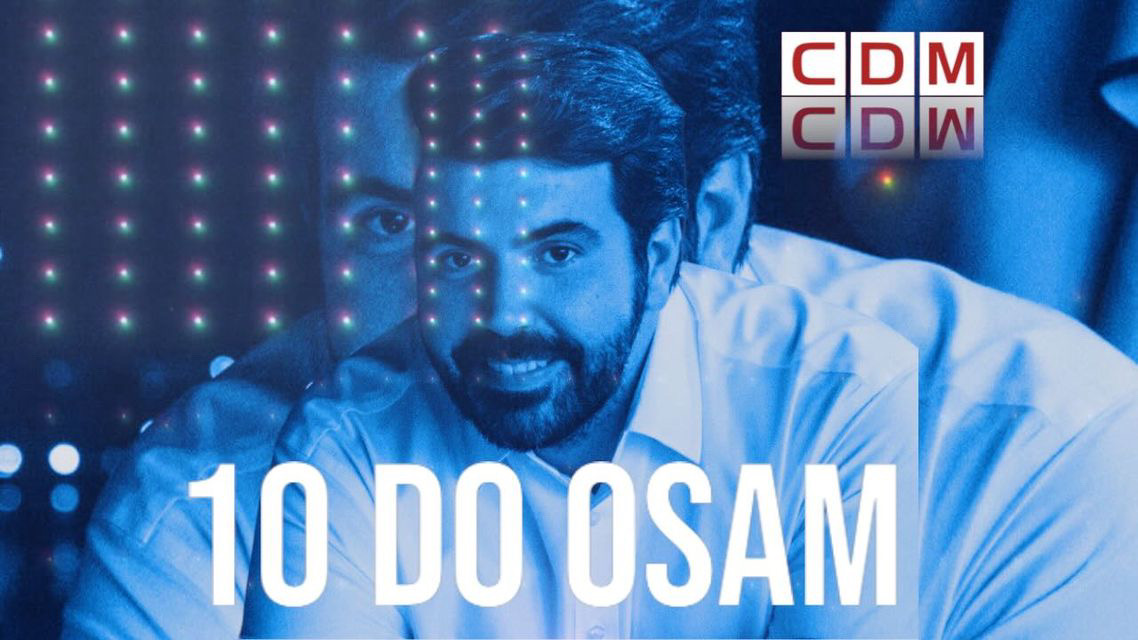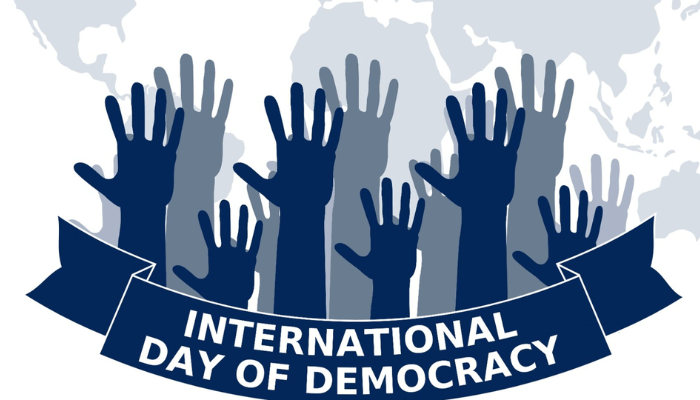By Ljubomir Filipović
Copyright cdm

Good morning! For years, we have been talking about how partitocracy has captured Montenegrin institutions and blocked our democratic and social potential. It used to be just one party, the DPS, but today it’s its smaller copies gathered in the ruling coalition. Political power has decentralised, but its quality has not changed. Instead of one party, we now have a cartel of parties that still move the centre of decision-making outside the clearly defined constitutional and legal framework, which is the only sovereign space where policies should be created and implemented.
Don’t forget to join our Viber community.
Montenegrin “Partyarchy”
From time to time, I strategically return to this topic, aware that these texts rarely get more than half the average clicks of a pointless quarrel between two politicians, because this is a systemic issue important for Montenegro’s future.
The question is what kind of political system we want to live in. We chose the path of liberal democracy, which internationally is losing its privileged status as the ideal form of governance. But we have not moved far from the party-state inherited from the socialist system.
The Communist Party, i.e., the League of Communists of Montenegro, held power until 2020. We can reasonably argue that DPS is not the same as SKCG in terms of ideology and amount of political power, but that is not important here.
DPS had a head start in the early 1990s compared to other parties: it inherited the party-state position, and the separation between state and party lasted almost three decades. In the end, we got polygamy, where instead of one party-state, we have a “partyarchy” – a system where parties multiply, but power remains confined to narrow offices. We have an imperfect democracy where procedural requirements are largely met to call it a democracy, but that is where it ends. The essence is that citizens do not truly decide who represents them in parliament, let alone in the executive branch.
I am not advocating direct democracy here – I just want to emphasise how the delegation system is degenerated and how decision-making has been moved away from the constitutionally and legally defined domain of managing state and public affairs.
How is it degenerated? All decisions are reduced to narrow party offices around party leaders. Non-transparent and undemocratic decisions are made about who will be ministers and MPs, and all this is traded in coalition meetings or phone groups. Government sessions, and even less parliamentary sessions, are where no real decisions are made.
This is not empty talk. It can be measured. I think in the modern history of Montenegrin parliamentarism, one can count on one hand how many times an MP sincerely opposed their party’s or government’s policy if they were part of the ruling majority. There have been political splits and switching sides, but there has never been space for a real critical and corrective parliamentary function, except maybe in minority government in-between periods.
How to fix this? Everyone talks about the ideal of open lists. Some talk about a majoritarian system. But that also has risks. A majoritarian system would be good only if it produced independent and autonomous MPs. Given our political culture, it would likely only help consolidate a new autocracy.
The executive leader’s instinct will always be to undermine and minimise parliament’s oversight role and the judiciary’s independent role, putting them under total control to increase efficiency. The prime minister sees parliament as an obstacle. He stumbled into politics when the church called him. Since then, much time has passed. He has fallen into the vise of the iron law of oligarchy, which changes his worldview and psyche. Maybe he is not naturally authoritarian, but over time, he surely will become one. Some autocrats, like Vucic, arise from a long hunger for power and recognition. Some, like Fujimori, become politicians and autocrats by chance. But any unchecked power—where citizens are sidelined from decision-making—almost inevitably converges toward authoritarianism and autocracy.
“Partyarchy” is just a stop on the way to a consolidated authoritarian regime.
That’s all for today. Have a pleasant rest of the day.
Kind regards,
Ljubomir Filipovic, CdM analyst and columnist
(Columnists’ opinions are not necessarily those of the CdM editorial team)



